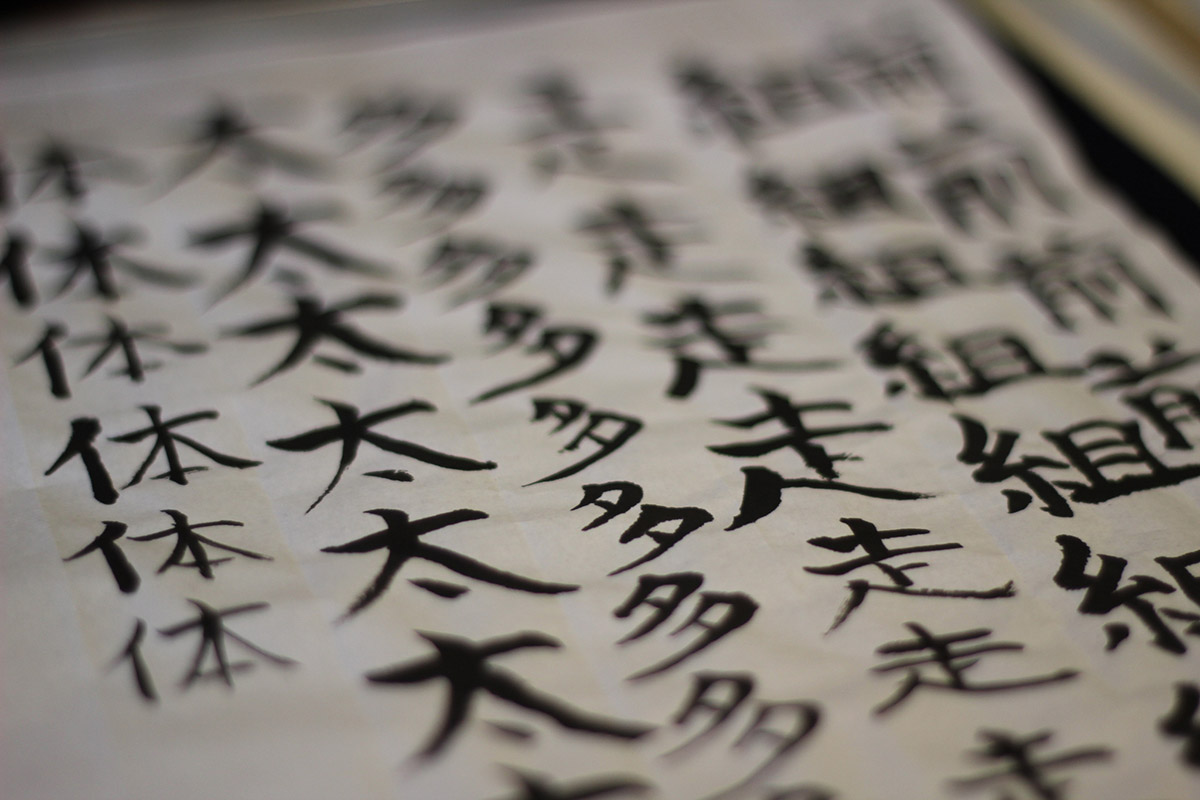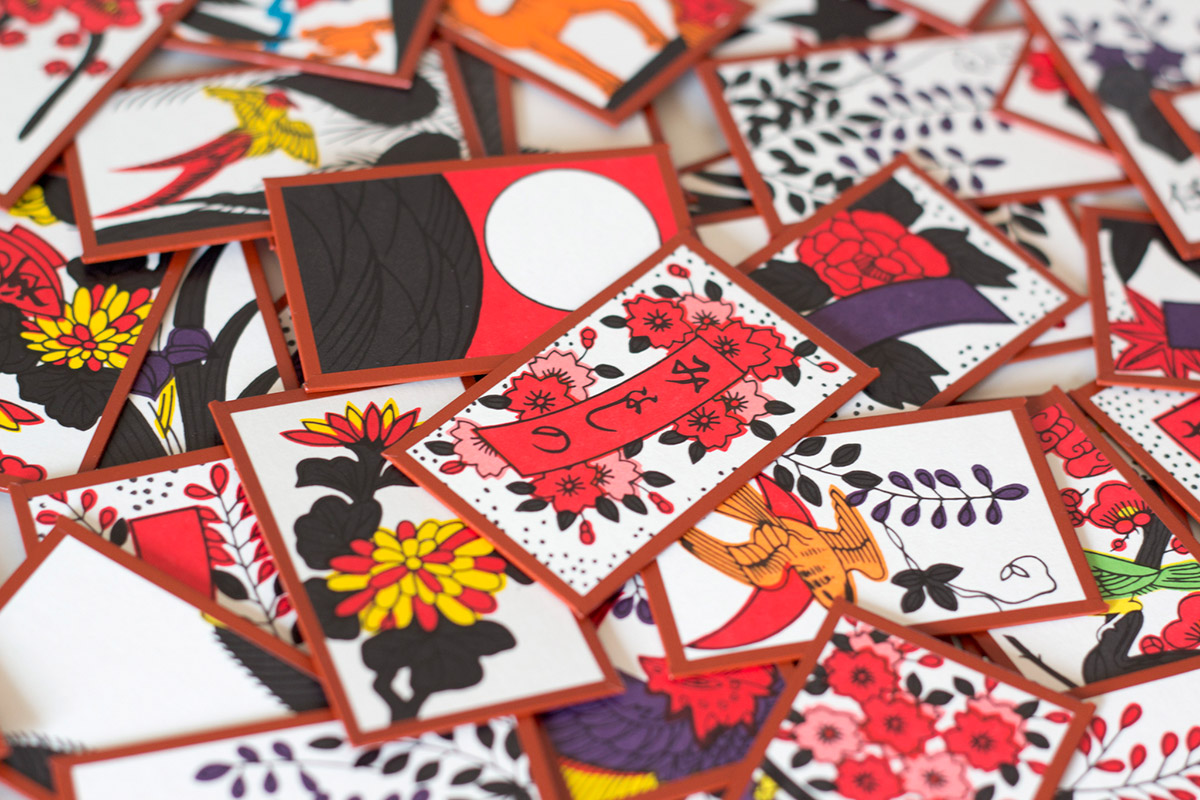Okay, so you've been through a couple of years of Japanese classes. You know how to ask questions. You know how to answer those questions that you can understand. You can describe things and say that you like the color purple. But you want to be able to talk to gasp, REAL Japanese people? That's a lot harder than it seems.
It's definitely possible though. Personally, I went from having no Japanese experience at all to being fluent in less than five years. It's mostly due to the extended time that I spent as an exchange student, but even if you spend time in Japan, that doesn't necessarily guarantee that you'll become fluent. I also know people who have learned to speak Japanese very very well who have had nothing but their computer and their motivation.
However, there are various things that you can do to help you learn how to speak conversational Japanese. Mind you, these take some hard work and dedication as well as commitment and motivation.
What is Fluency?
There is no real agreed on definition of fluency, but people seem to mix it up with mastery. In my eyes, there is no real such thing as one hundred percent language mastery- as one changes setting or subject, there are a million words that one must learn in order to be able to understand or express the ideas being discussed.
I consider fluency the ability to converse about any everyday subject without stumbling over words or thinking about what is being said. Fluency is a state when you are comfortable enough with the language that it is hardwired into your brain as if it had always been there. Fluency means being able to express yourself in a comfortable way. This doesn't mean that you know every word about every subject, but instead that you are able to converse comfortably about everyday subjects without problems.
Immersion

I know it's not possible for everyone, but if you have a will or a way, immersion is the best possible way to learn how to speak fluently in conversational Japanese. Being surrounded by people who only speak Japanese will do wonders. To get to Japan for immersion, you could go as an exchange student, through a study abroad program, through JET, or just go with a friend or friend of a friend.
If you can't do a physical immersion, organizing your own small immersions can be good. Decide to only listen to Japanese music and watch Japanese TV shows for a day, a week, or a year. Have a Japanese-speaking friend only speak Japanese to you. Get together with some friends studying Japanese and cook and eat a meal together using no English. Any little bit helps, as long as you're all committed to the goal of practicing the language.
Warning: Embarrassment Goes Out the Window
No shame is allowed. None. Are you embarrassed that people will laugh at you? Too bad, laugh at yourself first. Are you worried that you sound stupid? Well, you probably will until you get more practice. How badly to you want to be able to speak well? If you want it at all, you have to take all of those inhibitions and put them through a grinder, pressing them into a fine powder before letting them flow through the wind, to a place far, far away.
Talk To Native Speakers

In order to get better at riding a bike, you'd ride a bike. To get better at baking a sponge cake, you would bake a lot of sponge cakes. So, to get better at speaking Japanese, you should speak more Japanese.
Actually Talk To People
Again, you have to really try yourself to actually go and talk to people in Japanese. Again, if you don't practice, you won't get better. No matter what level you are at, as long as you actively practice, you'll improve.
Also avoid getting stuck in the English rut. That's the undesirable comfort zone of when you're so used to speaking English with a native Japanese speaker that speaking English on both ends is awkward.
Listen actively, Speak Bravely
Look again at your inhibitions? Are they flying in the wind with the rainbow pinwheel? If they are, your mouth is now free be brave. Go forth and make many a mistakes while remembering these following tips:
What's that?
If you don't know what a word means, you can always just ask.
I know that in the beginning phases, there are too many unknown words to really ask for one. Also a lot of the time you can get the basic meaning of a sentence from context, but if there's something that you don't know that is critical, ask. If someone starts looking it up in a dictionary, tell them that you want an explanation, or "説明して"
However, using a dictionary can be very helpful as well. Although phones and electronic dictionaries are fast, sometimes a paper dictionary is useful in that you can highlight and bookmark pages. Sometimes starring or virtual bookmarking just isn't enough.
The Sincerest Form Of Flattery
In order to pick up pronunciation or an accent, directly imitating the speech of a native speaker you know can be helpful.
I know that when I spend too much time with any of my friends, I pick up their speech habits. When it's with my Japanese friends, I pick them up even more quickly. Just remember to pick up the speech habits of someone who is the same gender and around the same ages as you- I know that it's your life and you make your own choices, but Japanese society is less likely to take you seriously if you speak Japanese like a girl as a 30 year old man.
Repetition, Repetition, Repetition

When you make a speech mistake, repeat yourself with the correct way to say your mistake.
For example, one day I was with my friend and I gave her a cute acorn that I had picked up on the ground. When I gave it to her, I wanted to tell her to try not to lose it, (なくさないようにね)but instead told her "なかないように", which means "Try not to cry." I realized my silly mistake, and started to try to find the right words. With my friend's help, I managed to get it right, and then repeated it a few times. I don't think I'll make that mistake ever again.
Is This Normal?
When you're unsure if a phrase or word is used properly, ask if it is.
A lot of the time when someone is learning a new language conversationally, they will have something specific that they will want to say in the other language that they will look up in a dictionary or translate word by word. Sometimes direct translation works, but a lot of the time it sounds robotic or forced. However, if it makes sense, the person who you're talking is not very likely to correct you. You know how awkward it would be to point out weird speech habits of a non-native speaker of your own language. So just casually ask if the wording is odd or technical before you store it into your daily vocabulary cave along with all the other lions, tigers, and bears.
The best go to phrase that I use is "Xっていうのが普通?" or " X使う?"
The Guessing Game

If you don't know exactly what the word is, but kind of know the sounds, just go at it. You'll probably have the real word repeated to you.
For a long time, I'd heard the word the phrase "置いとく" which means "to set down for now." But I never really got it right at first. I'm sure that I said a mixture of different variations of oitoitoku, okitoku, oitoitete, and anything else under the sun. But every time, the meaning was understood and I was one step closer to saying it right.
Aizuchi
Learn how to actually be an active listener through Sarah's article about aizuchi, or Japanese interjections. Even if you don't speak fluently, you can trick people into thinking that your nihongo is super jouzu with your "a, sou?"s and your "haihaihai"s.
No Native Speakers?
It's virtually impossible to become fluent in a spoken language if you're not speaking it with people. But, if you happen to be in an area or situation where there is no one to speak Japanese with, you can absorb a lot to prepare yourself for a time when you can use the language on your own. If learning how to speak Japanese is you goal, I would recommend dramas and real-person TV shows over anime.
With language exchanges, although skype exists, sometimes it can get creepy if you're just exchanging addresses with strangers who will undoubtedly be as awkward as you on camera. Be careful, kids!
I hope this will help those who are on their way to Japanese fluency! You can do it! Just don't give up!
If you have anything you'd like to add, experiences to share, or questions for me, leave them on Twitter!
